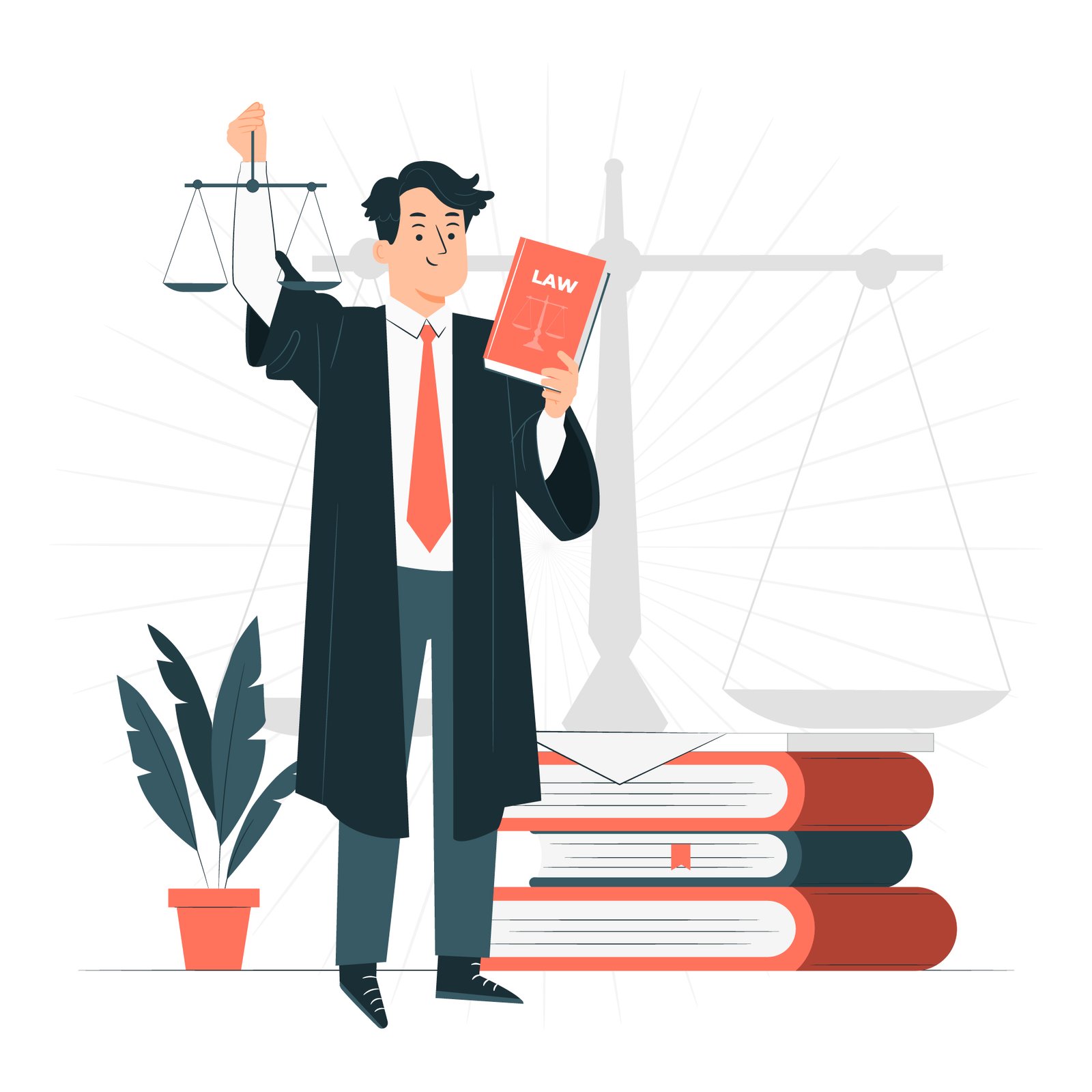When families break down, the burden often falls on those with the least support. To protect dependents from destitution, Section 125 of the Criminal Procedure Code (CrPC) offers a legal remedy. This provision allows wives, children, and parents to claim maintenance from those who have a duty to support them but fail to do so.
Let’s break down what this section covers, who can benefit from it, and how courts enforce it.
Purpose of Section 125 CrPC
This section aims to prevent neglect and financial abandonment. It ensures that vulnerable family members receive a basic level of financial support. The law doesn’t require a long trial or proof of complex facts — it offers a simple, speedy, and summary remedy.
Courts treat it as a social justice provision, not just a legal obligation.
Who Can Claim Maintenance?
Section 125 allows the following persons to claim maintenance:
- A wife who cannot maintain herself
- Minor children, legitimate or illegitimate
- Adult children, if they are disabled or unable to earn
- Parents, including mother or father without sufficient income
The law recognizes that dependency may arise for many reasons.
Courts look at financial reality, not just status or technical relationships.
Who Must Pay Maintenance?
Only a person who has sufficient means and neglects or refuses to maintain the claimant can be directed to pay maintenance.
This typically includes:
- A husband, for his wife
- A father or mother, for children
- Sons or daughters, for aged parents
Courts assess income, lifestyle, and earning capacity while deciding if someone is capable of paying.
The law doesn’t allow escape based on informal excuses or temporary unemployment.
Conditions for Granting Maintenance
For a wife to claim maintenance, she must show that:
- Her husband has the means to maintain her
- He neglected or refused to do so
- She is unable to maintain herself independently
- She is living separately for a justifiable reason (cruelty, desertion, etc.)
A woman who remarries or is in an adulterous relationship may not qualify.
Similarly, adult children must show disability or incapacity to earn.
How Courts Determine Maintenance Amount
Courts consider several factors before fixing the amount:
- Income of the person liable to pay
- Needs and standard of living of the claimant
- Number of dependents
- Local cost of living and inflation
- Lifestyle of both parties during marriage (in case of wives)
No fixed formula applies.
The goal remains simple — ensure basic survival with dignity.
Procedure to Claim Maintenance
The aggrieved person files an application before a Magistrate of the First Class. The court issues a notice to the respondent and conducts a summary inquiry. After hearing both sides, the Magistrate passes a maintenance order.
Courts can order interim maintenance during the pendency of proceedings. If the payer defaults, the court can order imprisonment for up to one month.
Landmark Judgments on Section 125
Indian courts have interpreted this provision liberally. In Mohd. Ahmed Khan v. Shah Bano Begum (1985), the Supreme Court ruled in favor of a Muslim woman’s right to maintenance. This case sparked national debate and led to further reform.
In Bhuwan Mohan Singh v. Meena (2014), the Court emphasized that delayed maintenance amounts to injustice. Such rulings highlight the humanitarian intent behind this section.
Conclusion: A Lifeline in Times of Neglect
Section 125 CrPC ensures that no person is left to suffer because of a family member’s refusal to take responsibility. It doesn’t focus on criminal punishment but aims to restore dignity through minimal financial security. Legal awareness about this section is vital — especially for women, elderly parents, and dependent children.
Understanding this provision gives strength to those seeking support — and reminds everyone of their legal and moral duties.







